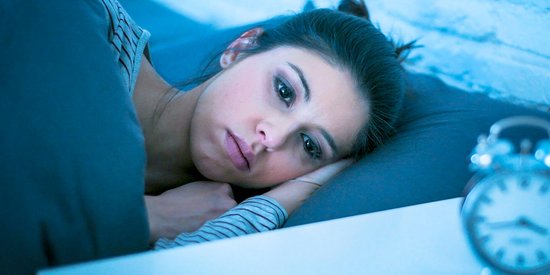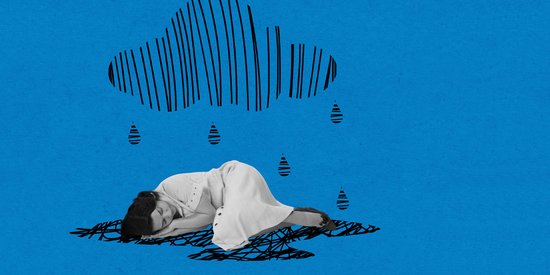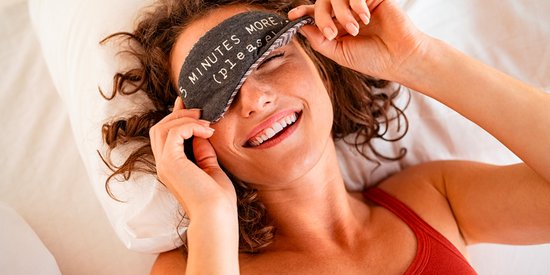If you suffer from insomnia, there are many steps you can take to change your behavior and lifestyle to help you get to sleep. There are various sleep disorders, insomnia being one of them. The main symptoms are difficulty falling asleep and staying asleep. A person with insomnia may find that they take a long time to fall asleep, or that they often wake up during the night.
There are two types of insomnia. One is primary insomnia, the other is secondary insomnia. Primary insomnia is when a person has sleep problems unrelated to another problem, whether this be physical or mental. Secondary insomnia indicates that a person has problems sleeping, because of another problem, such as depression while taking certain medications, or often during withdrawal from antidepressants or hypnotics.
What to do in the face of insomnia:
Monitor your sleeping time: This is a therapy that you can do yourself. Take a notebook and a pen and mark your sleeping hours and your waking times. Observing your sleep activity will allow you to restructure your bedtime and waking times.
Wake up at the same time every day: It's tempting to go to bed late on weekends, especially if you've slept poorly during the week. However, if you suffer from insomnia, you should get up at the same time every day to train your body to wake up at a consistent time.
Exercise regularly: Regular exercise can improve the quality and duration of sleep. However, exercising right before bedtime can have a stimulating effect on the body and should be avoided.
Behavioral therapy: Behavioral therapy can help you develop habits that improve the quality of your sleep. Your therapist will work with you for a few months to determine which thoughts and behaviors are interfering with your sleep patterns.
Reduce stress: There are a number of relaxation therapies and stress reduction methods you can try to relax the mind and body before you go to bed. For example, progressive muscle relaxation, deep breathing techniques, meditation and relaxation could well help. The main causes of insomnia are the stress and anxiety that you experience on a daily basis. This technique allows, through breathing exercises, to clear the air when sleeping. Do not look to fall asleep while doing this exercise, because it will happen naturally. The aim of these sessions is to teach the patient to relax both physically, which is relatively easy, and mentally, which is much more difficult.
Establish good food and lifestyle hygiene: The balance of our sleep depends on what we put on our plates but also on our daily hygiene. Give preference to foods that promote sleep, which are low in sugar and fat, to aid digestion.
Be careful about taking sleeping pills: The first reflex in the event of insomnia is often to resort to medication. However, this type of product should only be prescribed for transient and non-chronic insomnia. Beware of habituation, as unfortunately, many people are convinced that they have good sleep or even no sleep disorder…. Unfortunately, antidepressants or any other benzodiazepines are never far away.
What are the long term effects of insomnia?
Persistent insomnia that is not treated, usually leads to sleep deprivation. Chronic sleep loss can in turn have serious adverse effects, including increased risk of heart disease, stroke, and many types of cancer, weight gain, accelerated skin aging, and decreased bone density, reduced cognitive abilities, etc.
Fortunately, alternative medicine has found its place and remain accessible to all. Hypnosis and sophrology give good results.








